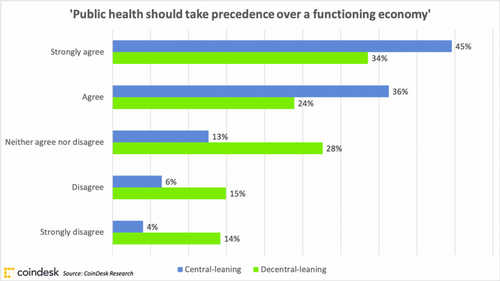Flexa, which launched the U.S. edition of its SPEDN cryptocurrency wallet in mid-May, announced its Canadian expansion in an official blog post. Backed by cryptocurrency exchange Gemini, Flexa’s international movement is preceded by support for cryptocurrencies litecoin and zcash and the launch of an Android beta mobile app.
Payment solution Flexa is going international with a Canadian market launch.
Functioning like a pipeline for commercial transactions, SPEDN processes regular purchases in cryptocurrencies like bitcoin, ethereum, bitcoin cash or native token flexacoin.
Today, SPEDN is now open to Canadians on both iOS and Android. The post claims 7,500 Canadian merchants will be on-boarded by early September.
With all funds insured and custodied by Gemini, Flexa says Canadian and U.S. users can use SPEDN in either country free of conversion fees or exchange rates issues.
Speaking with CoinDesk, Flexa co-founder Tyler Spalding said the payments processor plans on launching in a few more countries by the end of the year but cannot disclose the locations.

On-boarding additional coins is also in the works.
“Regarding the market, we anticipate considerable growth of ‘spendable cryptocurrencies’ like stable coins and loyalty coins over the next year that will drive consumer demand for spending”, Spalding said. “We are working with multiple projects and intend to launch many new coins on the network shortly. For now, we’ve been really impressed with the current communities and their repeated use of the SPEDN app, particularly litecoin.”
Canadian cryptocurrency exchange Coinsquare partnered with Flexa for the launch.
World’s Largest Aircraft Manufacturer Joins Hedera Hashgraph Council
Aerospace giant Boeing has joined the governing council for Hedera Hashgraph, a blockchain-like network for enterprises, CoinDesk has learned.

The Chicago-based aircraft and satellite manufacturer became the 10th member of Hedera’s governing council Thursday, joining the likes of financial services provider FIS Global, Tata Communications, Nomura Holdings and IBM.
Each member of the council runs its own node operating the hashgraph, and when the network’s open access launch takes place next month, these companies will also be able to use the Hedera Consensus Service, allowing members to plug private networks into the public network to take advantage of its transaction ordering system.
Hedera also claims that its distributed ledger technology can facilitate micropayments and distributed file storage and support smart contracts.
Hedera announced earlier on Thursday that it would begin distributing its HBAR tokens, a process that is expected to take 15 years. The company raised $124 million through three rounds of funding using a simple agreement for future tokens (SAFT) framework. Roughly 1,000 participants in the SAFT rounds will receive the first distribution of HBAR tokens.
Boeing, currently the world’s largest commercial aircraft manufacturer, as well as a major U.S. and international defense contractor, has made limited moves in the blockchain space to date. The company has previously filed for a patent outlining a blockchain system that could aid in-flight GPS receivers, as well as announced a joint project to improve unmanned aircraft.
Airbus, Boeing’s top rival, had previously joined the Hyperledger consortium, which IBM has also contributed to.


